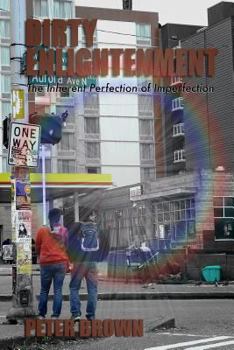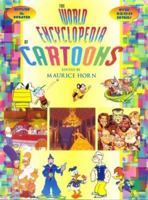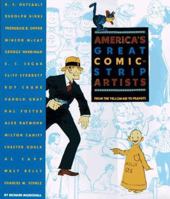Dirty Enlightenment: The Inherent Perfection of Imperfection
Select Format
Select Condition 
Book Overview
Dirty Enlightenment is a stripped-down, radical presentation of the Nature of Reality and your spiritual place in it. In actuality, you are a miraculously present infinite field of transcendental being presenting itself to itself as subtle radiant energy of pure intelligence. This truth is consonant with the view of Dzogchen, Kashmir Shaivism, Kundalini Yoga, primal Buddhism, and with all radical spiritual traditions. Since this is already and eternally the sole condition, the spiritual challenge is merely to recognize that this is the case. With the simple recognition of the nature of your actual condition, you are freed from the confused implications of any misinterpretations of what your condition is, that you may have been laboring under. The apparent "imperfection" that you may believe your life to be, is in fact already and inherently an entirely transcendental, miraculous eternal perfection, and it can be easy to discover this fact with self-verifying certainty. This description may be from another edition of this product.
Format:Mass Market Paperback
Language:English
ISBN:0452271312
ISBN13:9780452271319
Release Date:February 1994
Publisher:Plume Books
Length:672 Pages
Weight:1.70 lbs.
Dimensions:1.5" x 6.1" x 9.2"
More by Richard Marschall
Customer Reviews
3 customer ratings | 2 reviews
There are currently no reviews. Be the first to review this work.

























